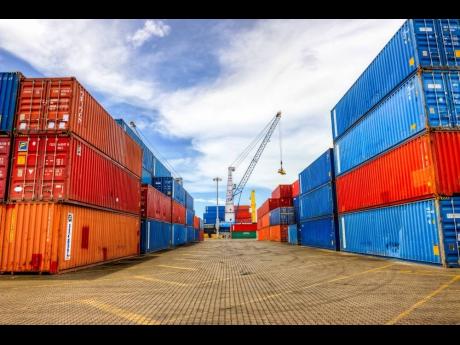What is a customs broker, and do you need one? (Pt 1)
Whether it’s personal effects or items for business, clearing Customs is an important aspect of importing goods into, or exporting from, a country. It is a procedure that may seem daunting to most, having specific requirements and documentation needed to complete the process.
Add to that the complication of also being required to know the obligations of the other territory involved and it becomes clear that it is not as easy as some may think. For most involved in this process, that’s where a customs broker comes in.
But what is a customs broker? According to the Customs Regulation Section 144 (a), “’customs broker’ me ans any person, including a freight forwarder, who, on behalf of a client, transacts customs business with the Customs, including the entering of goods of all description under the customs laws, but does not include a ship’s agent.”
Simply put, it is “an individual who is authorised, in writing, to act on behalf of importers and/or exporters, for the customs processing of their shipments being imported or exported,” said Mitzie Gordon Burke-Green, customs broker and managing director of Jamaica Trading Services Limited.
Brokers are regulated and licensed by the Jamaica Customs Agency, said Gordon Burke-Green, who added that they are “really that expert mediator between Customs, the other border regulatory agencies, such the Ministry of Agriculture and the Ministry of Health, and the importing and exporting public; ensuring the clients meet the requirements in relation to their commodities and pay the correct duties”.
Gordon Burke-Green said it is important to work with a customs broker as it removes the “guesswork” from the process. “We are experts in our field and therefore provide guidance to our clients on how to proceed; in some instances, customs brokers are really an extension of their clients’ business.
“We have seen many occasions where the customer decides to seek to process their shipments themselves and this result in customs breaches which have very heavy penalties and delays in clearances, as errors are made and the process to correct are onerous and expensive,” said Gordon Burke-Green, the immediate past president of the Customs Brokers and Freight Forwarders Association of Jamaica.
When it comes to selecting a broker, she advised: “First and foremost, ensure that the person whose service you are engaging is a customs broker or a true representative of a customs broker. Ask for the name of the customs broker, who might not be the person that you are interacting with. Very often, we hear stories that an importer was fleeced by a customs broker and in most of those cases, the person they are interacting with is not a customs broker. So, it is important to know the name of your customs broker.”
Additionally, get a quotation with a detailed listing of all charges. “Don’t just accept a lump sum figure, not knowing what you are paying for.”
What’s more, “know where to find your customs broker, so verify (his or her) address and contact information. Once it is established that you are working with a customs broker, then provide them proper information and documentation to enable them to ably act on your behalf.”


